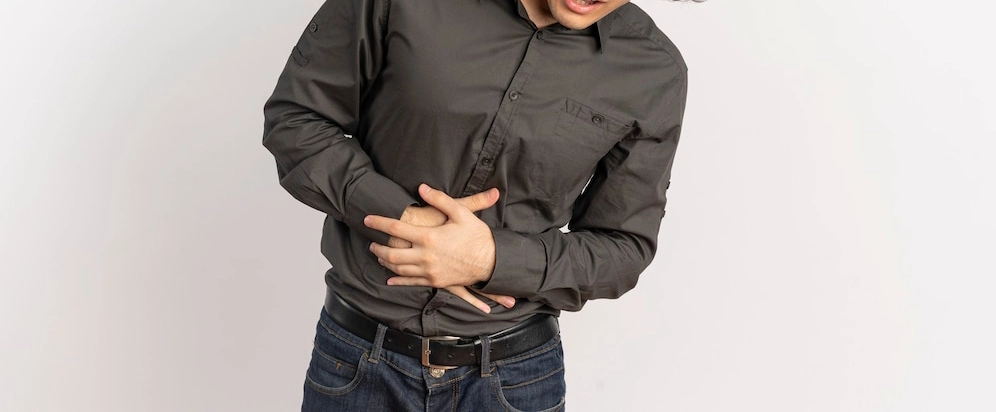Effective Methods for Gallbladder Stone Relief

Introduction
Gallbladder stones, also known as gallstones, are a common medical condition affecting millions worldwide. These hardened deposits can cause immense discomfort and, in severe cases, lead to complications requiring surgical intervention. However, advancements in medical science have opened doors to non-surgical methods for gallbladder stone removal, offering hope to those seeking alternatives to invasive procedures.
Can Gallbladder Stones Be Removed Without Surgery?
The traditional approach to treating gallbladder stones has been surgical removal through procedures like cholecystectomy. However, for individuals averse to surgery or deemed unfit for it due to underlying health conditions, non-surgical options present viable alternatives. One such method is the use of medications and therapies aimed at dissolving gallstones gradually.
What Is the Best Way to Remove Gallbladder Stones?
The best approach to gallbladder stone removal depends on factors such as the size and composition of the stones, as well as the patient’s overall health. For smaller stones composed primarily of cholesterol, medications such as ursodeoxycholic acid (UDCA) may be prescribed. UDCA works by altering the composition of bile, thereby dissolving cholesterol stones over time. However, this method may take months to show significant results and is not always effective for everyone.
For larger stones or those resistant to dissolution with medication, extracorporeal shock wave lithotripsy (ESWL) may be considered. ESWL utilizes shock waves to fragment gallstones into smaller pieces, which can then be passed naturally or dissolved more easily. While ESWL is less invasive than surgery, it may require multiple sessions and can cause discomfort or side effects such as bruising or abdominal pain.
What Dissolves Gallbladder Stones Fast?
While the process of dissolving gallstones typically takes time, some individuals may seek faster solutions to alleviate symptoms. In such cases, certain home remedies and alternative therapies are often explored. These may include:
- Lemon juice and olive oil: Advocates of natural remedies suggest consuming a mixture of lemon juice and olive oil to help dissolve gallstones. However, scientific evidence supporting the efficacy of this method is limited, and its safety and long-term effects remain uncertain.
- Apple cider vinegar: Some believe that apple cider vinegar can aid in breaking down gallstones due to its acidic properties. However, there is insufficient scientific backing for this claim, and its use should be approached with caution.
- Herbal supplements: Certain herbs and supplements, such as milk thistle and dandelion, are touted for their potential to support liver and gallbladder health. While these remedies may offer some benefits, their effectiveness in directly dissolving gallstones is uncertain.
Can Gallbladder Stones Be Removed With Medicine?
As mentioned earlier, medications like UDCA are commonly prescribed to dissolve gallstones, particularly those made predominantly of cholesterol. These medications work by reducing the cholesterol content in bile, preventing the formation of new stones and gradually dissolving existing ones. While this approach can be effective for some patients, it requires patience as results may take several months to manifest, and not all types of gallstones respond to medication.
In addition to medication, lifestyle modifications such as adopting a low-fat diet, maintaining a healthy weight, and staying hydrated may help prevent the formation of gallstones and reduce the risk of complications.
Calming a Hiatal Hernia:
- Herbal teas like chamomile, ginger, and peppermint may help soothe the digestive tract and alleviate symptoms of hiatal hernia.
- Avoiding trigger foods such as spicy foods, caffeine, alcohol, and acidic foods like citrus fruits and tomatoes can prevent flare-ups.
- Eating slowly, chewing food thoroughly, and avoiding lying down immediately after meals can aid digestion and reduce the risk of acid reflux.
Conclusion
While surgical removal remains the primary treatment for gallbladder stones in many cases, non-surgical methods offer hope to those seeking alternatives or unable to undergo surgery. From medications to alternative therapies, several approaches exist for gallbladder stone removal without surgery, each with its benefits and limitations. However, it is essential for individuals to consult with healthcare professionals to determine the most suitable treatment plan based on their specific condition and medical history. As research in this field continues to evolve, the landscape of gallbladder stone management may see further advancements, offering improved options for patients in the future.
